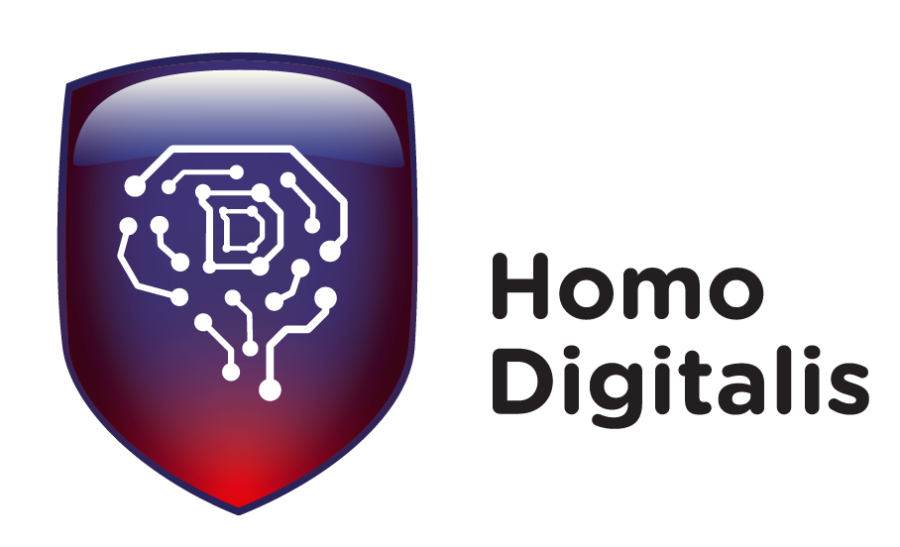Digital RiSe (Digital Rights & Security)

New technologies could assist the Greek law enforcement authorities in combating crime. However, the use of such technologies shall be in full compliance with the applicable European legislation and case-law of the Court of Justice of the European Union (CJEU), so that the Fundamental Rights of Privacy and Data Protection are respected. Greece has not implemented the provisions of the Directive 2016/680, which deals with the processing of personal data by law enforcement authorities, one year and one month after the respective deadline. Moreover, Greece has not reformed its legislation on the retention of electronic communication metadata (Law 3917/2011) according to the CJEU’s rulings, even though such a related legislative Committee exists for 5 years now (Ministerial Decision 57148/8.7.2014).
There is an urgent need to upgrade the current Greek legal framework so that it meets the high standards provided for in the European law and the CJEU’s caselaw. The goal of this project is to push the national authorities towards the national implementation of the Directive 2016/680 and the reform of the Law 3917/2011. In order to accomplish such a goal, a campaign will take place which will raise awareness amongst key stakeholders, put pressure on the shoulders of the legislative authorities, promote accountability of law enforcement authorities during the processing of people’s personal data, and enhance our role as a watchdog for the promotion and protection of human rights in the digital age. All the individuals living in Greece will be benefited for such an action. However, often communities of Roma and of immigrants are at the center of attention of Law Enforcement Authorities, thus they are even more in danger of human rights’ violations. Our role is to successfully organize and run the campaign.